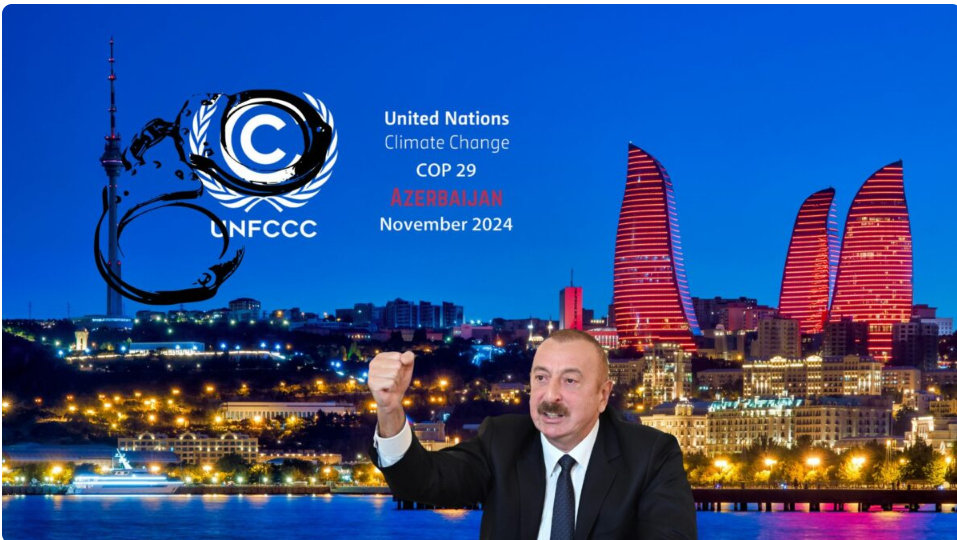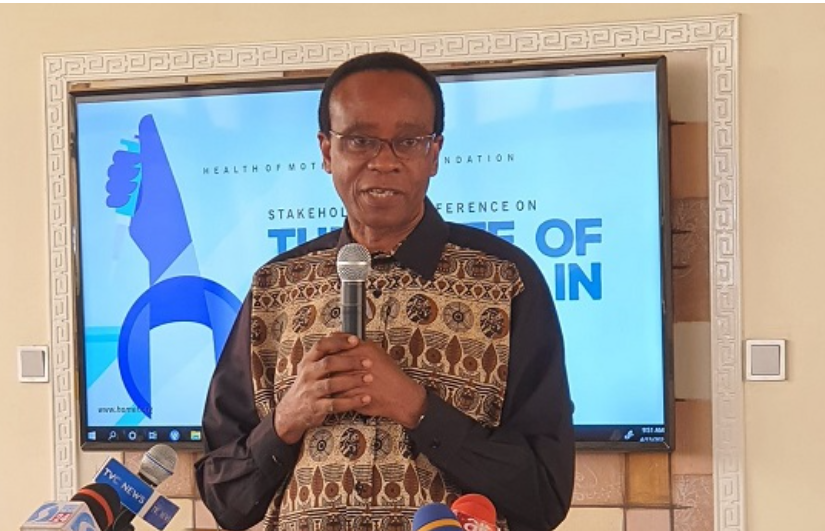By Joke Kujenya
AS COP29 approaches, environmental activists and food justice advocates have rallied for urgent climate action.
The conference, set to take place in Baku, Azerbaijan, from November 11 to 22, 2024, has spurred a series of critical discussions regarding global climate policy.
Ahead of the conference, the Health of Mother Earth Foundation (HOMEF) organized a webinar, The Emission Gaps and the Road to COP29.
Environmental experts, activists, and public interest lawyers gathered to review the evolution of climate negotiations and scrutinize the shortcomings of current emission targets under the UNFCCC.
The voluntary nature of Nationally Determined Contributions (NDCs) was called into question, with critics warning that the world is dangerously close to surpassing critical global warming thresholds.
Ruth Nyambura, an African ecofeminist with the Ramani Collective, argued that the emissions gap is symptomatic of deeper issues, such as human rights violations and economic inequalities driven by fossil fuel extraction.
She called for a decentralized climate policy that truly serves the needs of frontline communities, especially those in Africa and the Global South.
According to Nyambura, current multilateral frameworks disproportionately benefit wealthy nations, often sidelining the voices of marginalized communities.
Professor Fadhel Kaboub, an economist at Denison University and advisor with PowerShift Africa, highlighted the obstacles that Africa faces in leveraging its renewable energy potential due to inadequate financing and technology transfer.
He strongly advocated for climate reparations in the form of grants rather than loans to address the carbon debt owed by industrialized nations.
Kaboub also emphasized the importance of African leadership in rejecting further fossil fuel exploitation and promoting energy and food sovereignty through renewable solutions.
Thuli Makama, a public interest attorney with Oil Change International, emphasized the need for civil society to push back against corporate interests at COP29.
She urged the creation of counter-COP forums where the root causes of climate change could be discussed openly, free from corporate influence.
Makama’s call for a COP29 centered on accountability, addressing loss and damage, and prioritizing the voices of affected communities over the interests of fossil fuel industries.

Nnimmo Bassey, the Director of HOMEF, underscored the deep ties between COP processes and fossil fuel corporations, which continue to shield themselves from accountability despite their significant role in the climate crisis.
Bassey criticized COP’s market-driven solutions, such as carbon trading and offsetting, which he argued do little to address the systemic causes of climate change, including extractive capitalism and the concentration of global power.
The webinar concluded with a call for a united global resistance movement, bringing together feminists, labor unions, indigenous groups, and environmental activists to challenge the structures perpetuating climate injustice.
Panelists agreed that the time has come for radical reforms that ensure COP29 reflects the true needs of vulnerable communities and advances real climate solutions.





